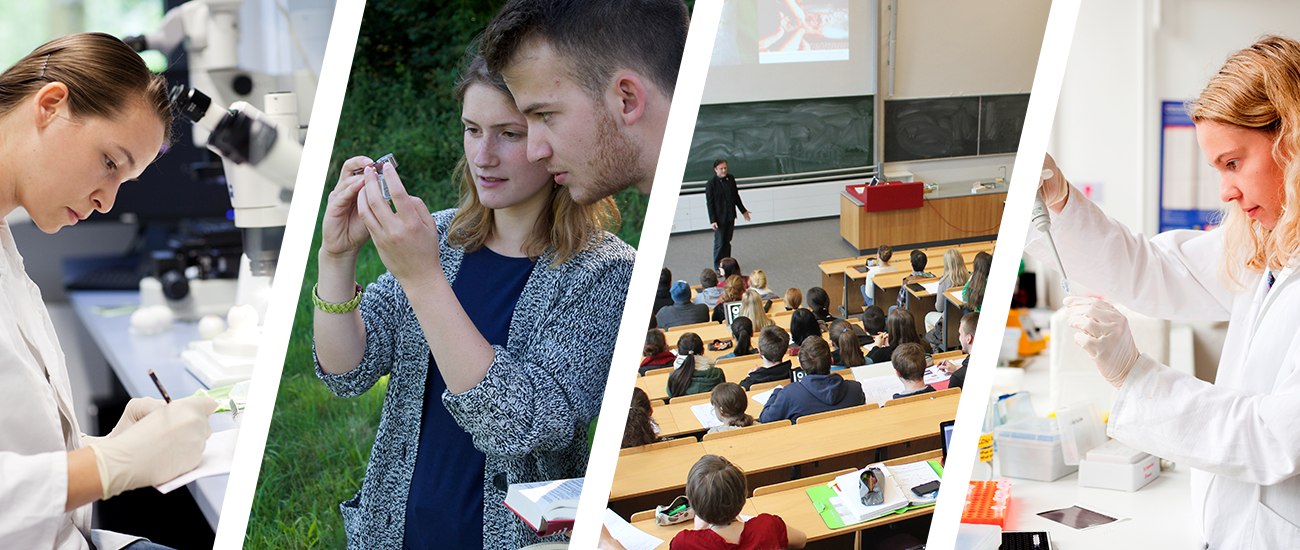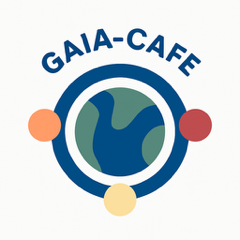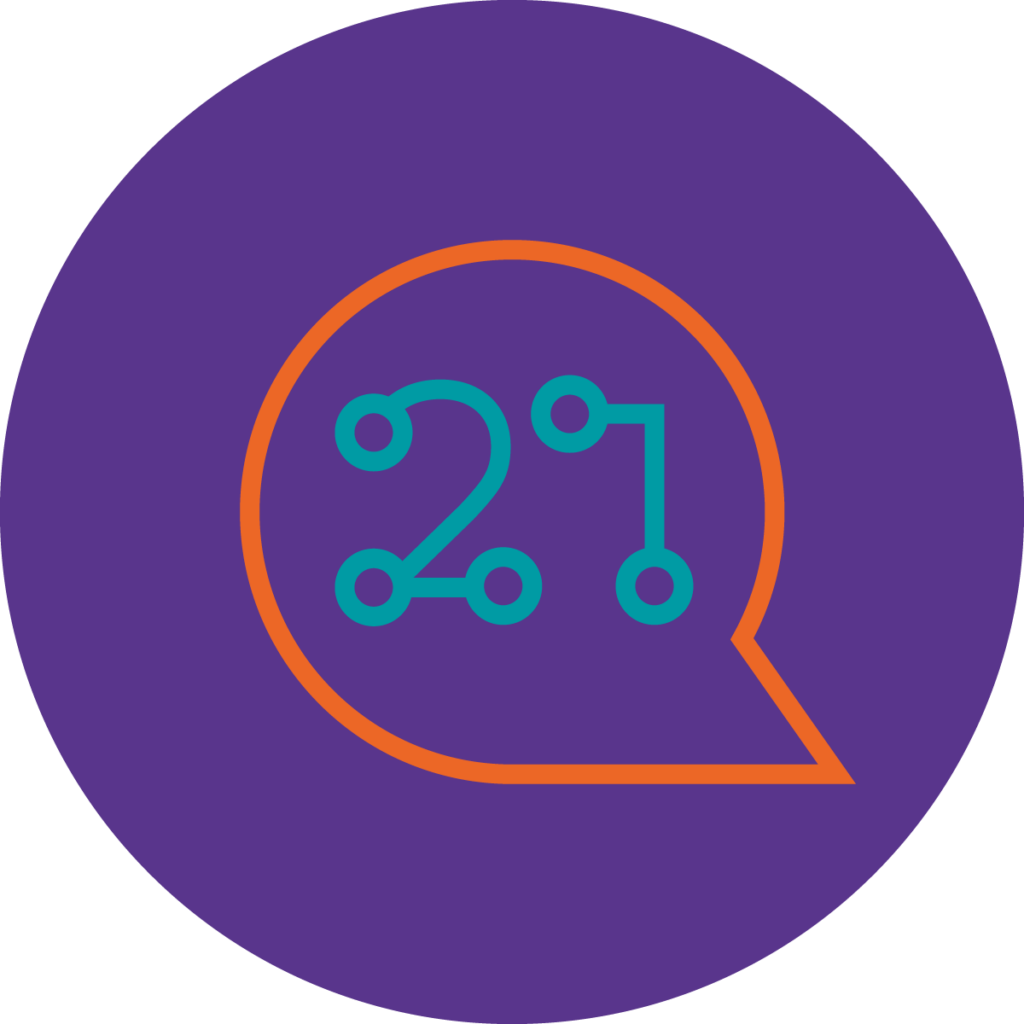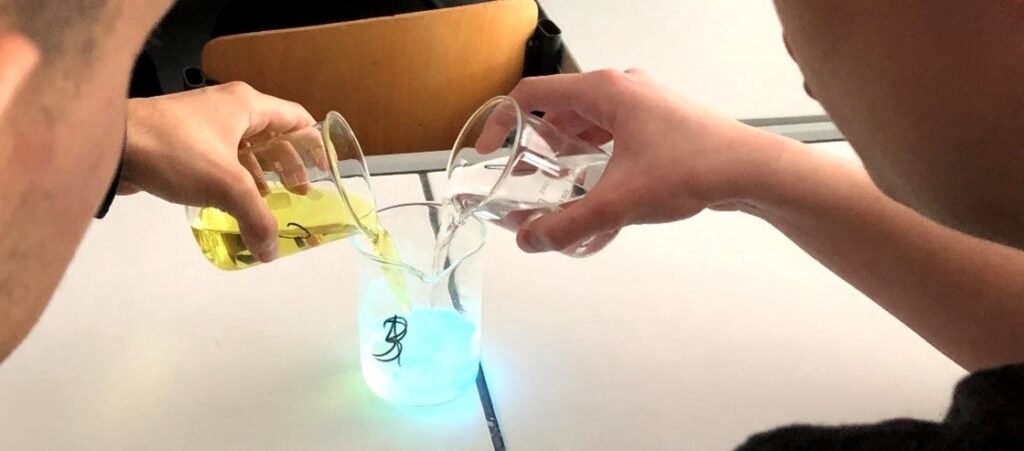At a glance
For: students, teachers, university staff
Topics: Further developing and expanding part-time studies, targeted support for students with professional experience, part-time teacher training courses, tailor-made biology studies followed by subject-related vocational training, individually developing the basics of computer science, analyzing reasons for dropping out of studies
Location: Technical University Of Darmstadt
This course suits me...
The group of students is becoming more and more heterogeneous.
The TU Darmstadt is therefore breaking new ground. It develops offers that allow students to adapt their course of study more closely to their own life situation. One way to study flexibly is to study part-time. This study model has existed at the TU Darmstadt since 2012 in a form that is unique in Hesse and is possible in almost all subjects. More and more students are deciding to officially extend their time studying at university. A bachelor's degree is not designed for 6 semesters of full-time study, but rather for 9 or 12 semesters of part-time study. With QuiS-Flex, this model is intended to be further adapted to the changing living conditions of our students.

Connecting study paths and life situations
The high school teacher training program has so far required full commitment from its students. Formal part-time study was not possible here in the past. That will change. A part-time teacher training course is in preparation thanks to QuiS-Flex. There are two hurdles that need to be overcome: On the one hand, part-time study plans must be designed that work for two equal subjects and educational sciences. On the other hand, the practical phases in schools, which were previously designed for full-time work, must be rethought. One approach could be to accompany and take into account non-university experiences, as many students are already trying to combine their studies with work as a substitute or collectively bargained teacher at a school.
Quis project Career2Bio-experiences of students
After training, go to college
The biology department is also working on more flexible study models. The focus here is on students who have already completed subject-related vocational training, for example as a biological-technical assistant/biology laboratory technician or chemical-technical assistant/chemical laboratory technician. These students have already acquired specialist knowledge and skills as part of their training, for which a simplified, generalized credit recognition procedure is to be developed. These and other flexibility options during the course of your studies are intended to make it possible to work parallel to your studies and to take care of family obligations. In addition, appropriate advice and support services should be established in order to reduce hurdles and make the transition to studying easier. Finally, the pilot project will examine whether these individual measures can be further developed into a separate study track for students with professional qualifications.

A modular system for learning planning allows all students to acquire missing technical and interdisciplinary skills in addition to the required specialist courses.

Modular system for learning planning
The computer science department takes a different approach to making studies more flexible.
Computer science is the key discipline of the 21st century. Many first-year students want to obtain their degree here. However, even the basic lectures present numerous challenges. Depending on previous knowledge or skills, these can vary greatly from person to person. The QuiS-Flex funding is intended to develop a modular system for learning planning that allows all students to acquire missing technical and interdisciplinary skills in addition to the required specialist courses. The aim is to lead more students to academic success through the individual design of the basic area. In another sub-project, the QuiS_Flex_Förderung is used to take a closer look at the specific challenges and barriers during studies. We analyze the reasons why students decide to start their studies and use this to develop further options for action for TU Darmstadt - the aim is to enable successful studying for everyone.
Contact person in
Dr. Lydia Seibel , Technical University Of Darmstadt




